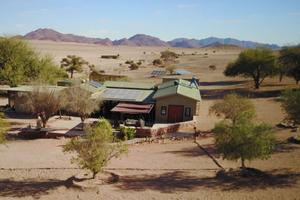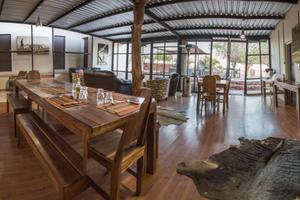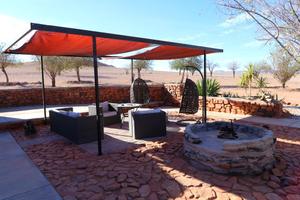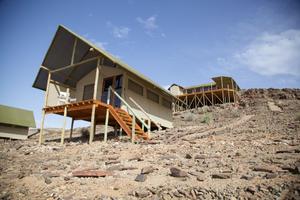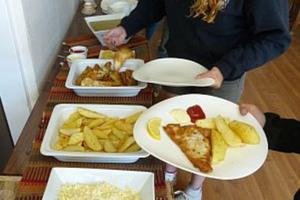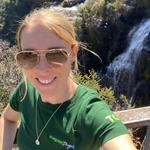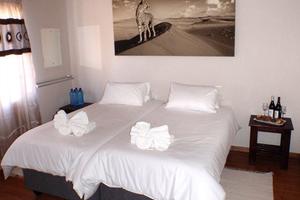

Carnivore Conservation and Research in Kanaan
Become a conservation volunteer in the stunning Kanaan region of Namibia, helping to ensure that the carnivore’s habitat, and the habitat of all of the other animals that call the region home, is safe for years to come through crucial research.
Namibia is a destination well-known for its beauty and its wildlife, and here, amongst the dramatic red dunes of the Namib Sand Sea, both can be found in abundance. The Kanaan region is home to a wide variety of animal species, from antelopes and hyenas to big cats and more, each of which is free to roam across a 33,000-hectare expanse of land that was acquired by the team behind the Namibia Wildlife Sanctuary back in 2014. Previously used as a filming and photography location, this land has provided an excellent opportunity for the team to carry out wildlife studies from a brand-new beginning: old structures, such as fences, have been torn away to provide free range to each of Kanaan’s animals, in turn creating the perfect grounds in which to carry out vital ecological studies.
The main focus of this project is to learn more about Kanaan’s wild animal populations, and during your stay, you will help to record data on a range of species, such as brown or spotted hyenas in order to help the project team understand their use of the land. You will be involved in all areas of conservation, including the monitoring of wild carnivores and game counts, ultimately helping the team devise long-term management techniques to protect the region’s wildlife. This is an exciting, valuable and wild experience indeed, and is certainly not a project to be missed!
Speak To A Travel Expert
Activities
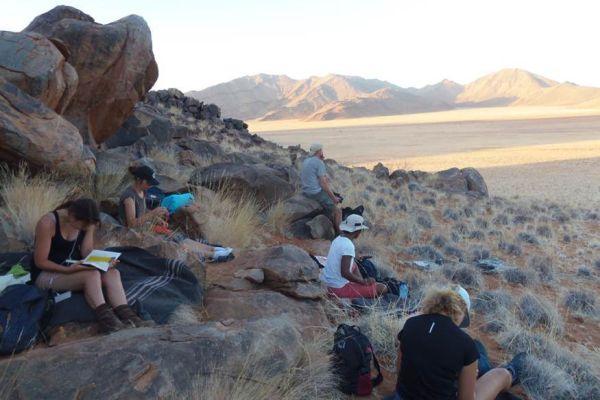
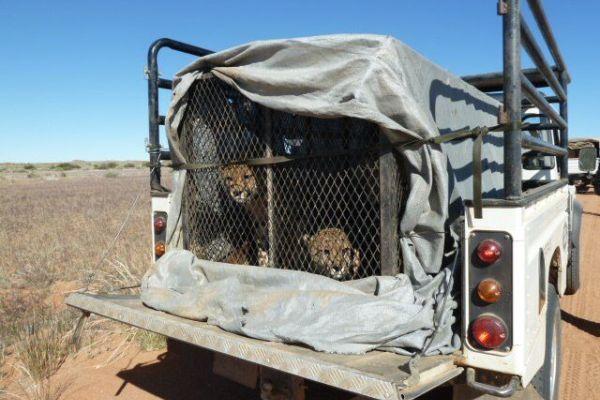
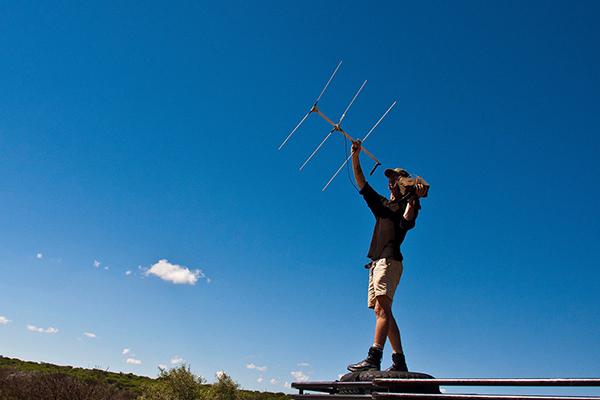
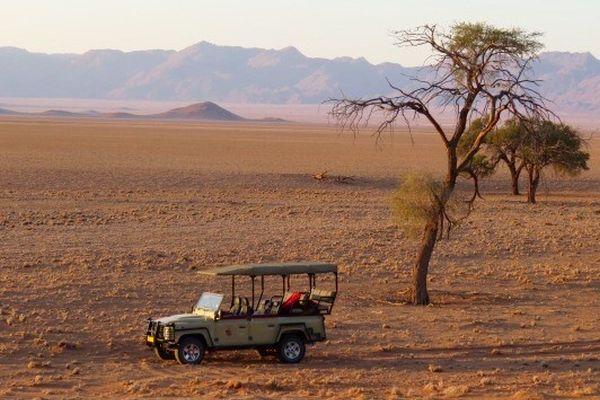
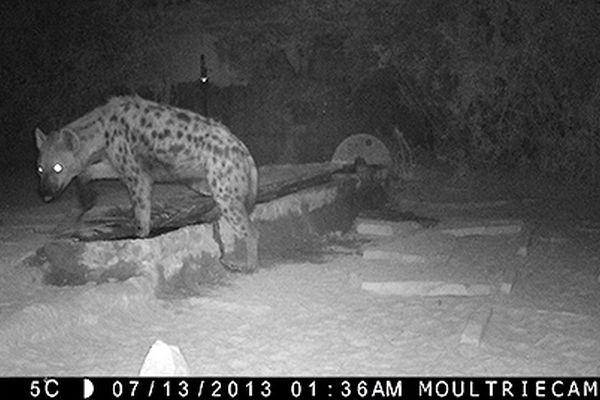
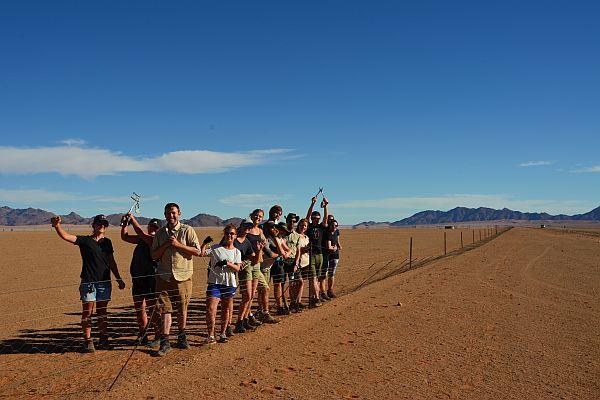
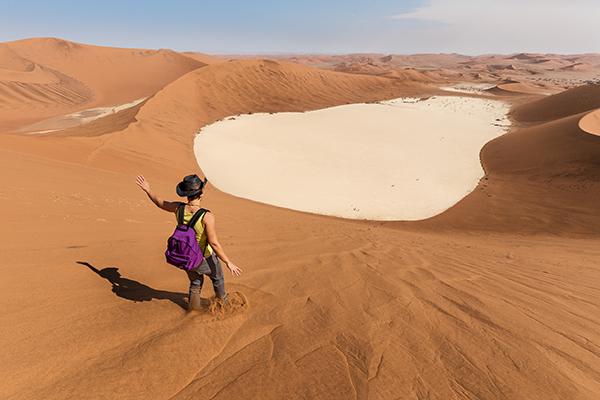
Itinerary
Please note, itineraries are subject to change and the below is simply a rough guideline.
Start Dates & Prices
Unfortunately, it is not possible to book this project online, so please give us a call or send us an enquiry if you would like to discuss it or check availability.
Thank you, The Great Projects Team
Accommodation
Volunteer Accommodation
During your time at Kanaan, you will stay in a beautifully renovated farmhouse. The farmhouse is large enough to accommodate up to 12 volunteers, though larger groups may stay in fixed tents.
If you are staying in the farmhouse, rooms will be shared by up to three members of the same sex and each has an en-suite bathroom. Those who stay in the fixed tents will be accommodated on a same-sex, twin-share basis (with couples being accommodated together where possible). Electricity is available at the farmhouse, and though there is very limited phone reception, there is free Wi-Fi available.
Accommodation Upgrade
If you would like to upgrade your accommodation, you may wish to stay in one of the project’s private chalets in a newly built tented lodge. The rate for this upgrade is $38 per person per night for a double room and $44 per person per night for a single room. For more information, please contact our travel team.
Meals & Beverages
Three meals are provided each day on the project. Breakfast includes toast and cereal, and dinner will consist of meat or fish with a side of vegetables, pasta, rice or potatoes. Lunches will be provided either at the farmhouse or as packed lunches for when you are in the field.
You are also able to purchase additional snacks or drinks from the onsite bar, and once each week, you will be treated to a traditional African braai (barbeque).
Project Details
When is the best time to volunteer?
While there is no ‘best’ time of year to volunteer regarding wildlife, your decision may be impacted by the weather. Little rainfall is to be expected throughout the year, though the climate does vary depending on the season:
Summer (October to April): Throughout these months, temperatures can reach 40°C, and as a result, volunteer working times may be moved to later in the day to avoid the sun at its peak.
Winter (May to September): Daytime temperatures can reach a pleasant 20°C to 25°C, though at night they can fall to below zero. Therefore, if you are joining during these months, be sure to take a sleeping bag with you and some warmer clothes for night-time activities.
Getting There
The nearest airport to your first and final stop on this project (the Namibia Wildlife Sanctuary) is Windhoek International Airport. You will need to arrive between the hours of 7am and 5pm on your project start date and a return transfer to and from the wildlife sanctuary is included, as is a transfer between the sanctuary and the research site at Kanaan.
Visa Requirements
Citizens of most countries, including the UK, Germany, USA, Canada, Australia and most of those within the EU, do not need to obtain a visa to enter Namibia and are granted entry for up to 90 days upon arrival. You will, however, need at least 2 blank pages in your passport for the immigration officials to use and your passport must be valid for a period of at least 6 months from your date of entry.
If you are unsure of your individual visa requirements, we recommend speaking to your local Namibian embassy at least 2 months prior to travel.
Fitness & Skills
While no specific skills are required for you to take part in this project, we do advise that all volunteers are fit enough to walk 10-15 kilometres per day, through rough terrain and in high temperatures.
Vaccinations
The vaccinations required will depend on your medical history. We recommend that you consult with your GP regarding your own vaccination needs. In conjunction with this, we would recommend that you check Fit for Travel’s website.
What's Included
- Accommodation
- Three meals per day
- Airport transfers
- Overland transfers
- A conservation donation
- Wi-Fi
What's Not Included
- Flights
- Travel insurance
- Visas
- Soft and alcoholic beverages
